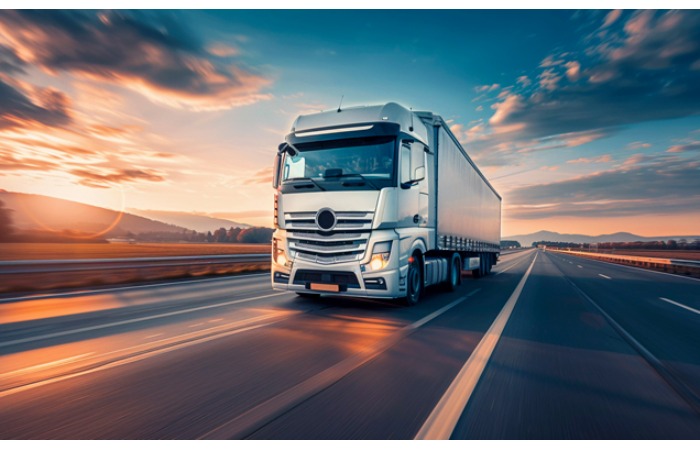
Maharashtra’s Rs 113.73 Bn EV Push
In a significant move to accelerate clean mobility, the Maharashtra government has approved the Electric Vehicle (EV) Policy 2025, introducing a Rs 113.73 billion package over the next five years to boost EV adoption, manufacturing, and infrastructure. The policy will remain in effect until March 31, 2030, replacing the earlier 2021 policy that expired in March 2025.
The new policy provides direct purchase subsidies across all vehicle segments—two-, three-, and four-wheelers, electric buses, commercial vehicles, agricultural EVs, and transport fleets. Electric two-, three-, and non-transport four-wheelers as well as public transport buses will receive up to 10 per cent subsidy on base price, while goods carriers and larger passenger vehicles will be eligible for up to 15 per cent. All EVs registered under the policy period will also enjoy exemptions from motor vehicle tax and registration charges, significantly reducing ownership costs.
To support smoother EV operations, the policy mandates the installation of charging points every 25 km on state and national highways. The state will partner with oil companies to add charging infrastructure to existing and upcoming fuel stations, wherever technically feasible.
The policy outlines a broader environmental vision through the launch of a Clean Mobility Transition Model, aiming to cut 1 million tonnes of greenhouse gas emissions and reduce 32 tonnes of PM 2.5 pollutants by 2030. It also incentivizes local EV production, battery recycling, and skill development in the clean-tech sector.
In parallel, the cabinet approved a new aggregator policy to regulate app-based transport services like Ola, Uber, and Rapido, in line with Supreme Court guidance. This policy introduces mandatory licensing, safety measures including real-time GPS tracking, background checks, driver-passenger insurance, and grievance redressal systems.
To support women’s safety and preferences, the policy allows for women-only pooling options with the ability to choose female drivers and co-passengers. All aggregator platforms must also comply with cybersecurity norms under the IT Act, 2000. A detailed enforcement framework will follow, ensuring these platforms are both innovative and accountable.


 +91-22-24193000
+91-22-24193000 Subscriber@ASAPPinfoGlobal.com
Subscriber@ASAPPinfoGlobal.com